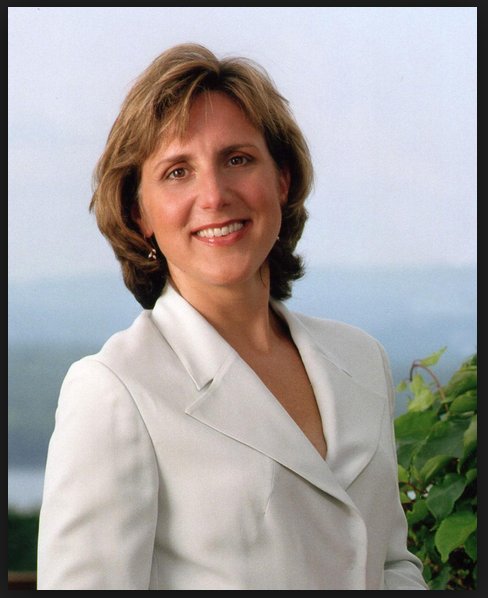

| It says much about Dawn Upshaw’s sensibilities
as an artist and colleague that she is a favored partner of many leading
musicians, including Richard Goode, Kronos Quartet, James Levine, and Esa-Pekka
Salonen. In her work as a recitalist, and particularly in her work with composers,
Upshaw has become a generative force in concert music, having premiered more
than 25 works in the past decade. From Carnegie Hall to large and small venues throughout the world she regularly presents specially designed programs composed of lieder, unusual contemporary works in many languages, and folk and popular music. She furthers this work in master classes and workshops with young singers at major music festivals, conservatories, and liberal arts colleges. She is Artistic Director of the Vocal Arts Program at the Bard College Conservatory of Music, and a faculty member of the Tanglewood Music Center. A four-time Grammy Award winner, Dawn Upshaw is featured on more than 50 recordings, including the million-selling Symphony No. 3 by Henryk Górecki. Her discography also includes full-length opera recordings of Mozart’s Le Nozze di Figaro; Messiaen’s St. Francoise d’Assise; Stravinsky’s The Rake’s Progress; John Adams’s El Niño; two volumes of Canteloube’s Songs of the Auvergne, and several music theater discs and a dozen recital recordings on Nonesuch. Dawn Upshaw holds honorary doctorate degrees from Yale, the Manhattan School of Music, Allegheny College, and Illinois Wesleyan University. She began her career as a 1984 winner of the Young Concert Artists Auditions and the 1985 Walter W. Naumburg Competition, and was a member of the Metropolitan Opera Young Artists Development Program. -- From the Nonesuch Records
website.
-- Throughout this page, names which are links refer to my Interviews elsewhere on this website. BD |
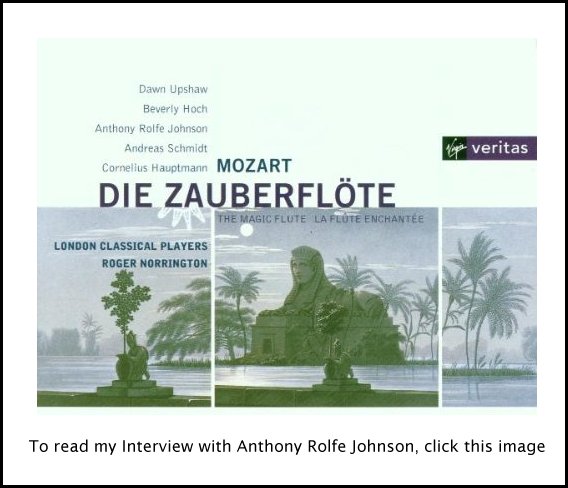 BD: It’s often the case that the designers will
have these outlandish costumes, and the stage design will be very raked.
BD: It’s often the case that the designers will
have these outlandish costumes, and the stage design will be very raked.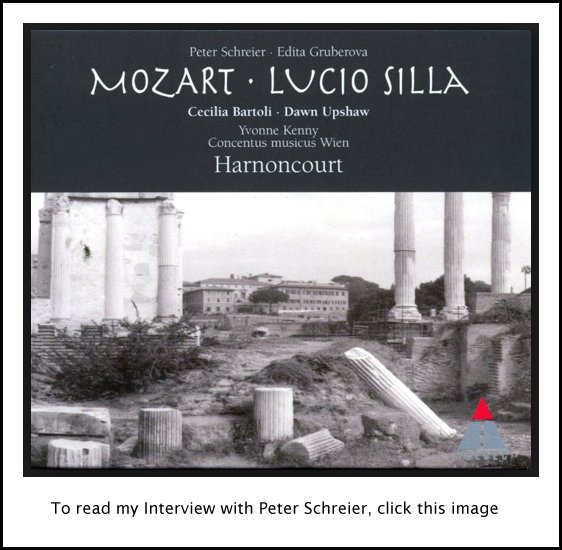 DU:
For the most part. Some people may notice that I don’t sing much Donizetti
and Bellini and Rossini, and one reason is because I don’t feel as strong
a connection with those characters and those personalities as I do with some
of the Mozart roles; although I certainly have some trouble with some Mozart,
too. I may get to some of that other Italian music at some point, but
right now I’ve decided to put it aside. It just doesn’t feel like a
part of me at the moment.
DU:
For the most part. Some people may notice that I don’t sing much Donizetti
and Bellini and Rossini, and one reason is because I don’t feel as strong
a connection with those characters and those personalities as I do with some
of the Mozart roles; although I certainly have some trouble with some Mozart,
too. I may get to some of that other Italian music at some point, but
right now I’ve decided to put it aside. It just doesn’t feel like a
part of me at the moment.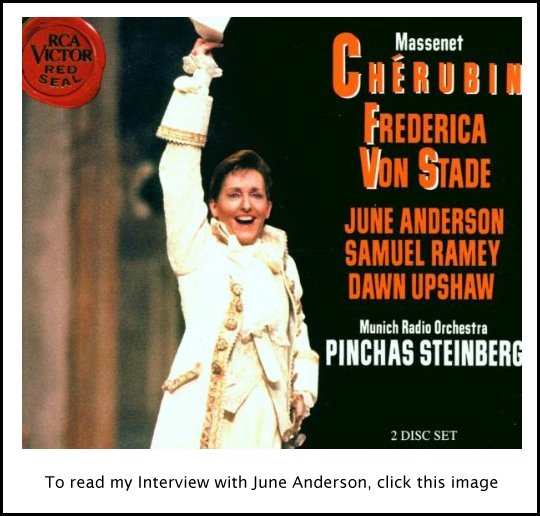 BD:
Is it good that we go beyond just the big three or four Mozarts, and explore
some of his lesser-known operas?
BD:
Is it good that we go beyond just the big three or four Mozarts, and explore
some of his lesser-known operas?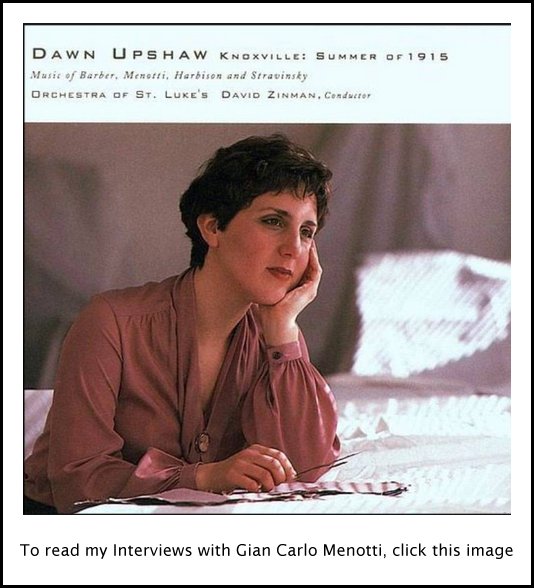 BD:
We just have to get Andrew
Porter translations for everything!
BD:
We just have to get Andrew
Porter translations for everything!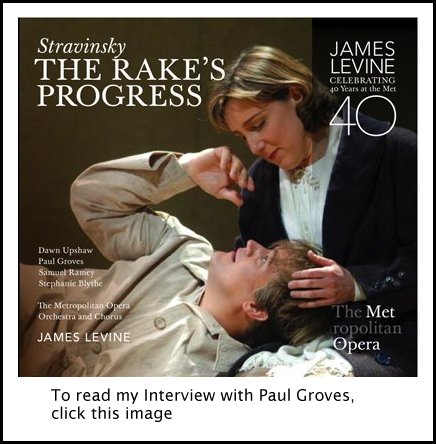 DU:
I make a decision about whether I think that they’re appropriate for me right
now.
DU:
I make a decision about whether I think that they’re appropriate for me right
now.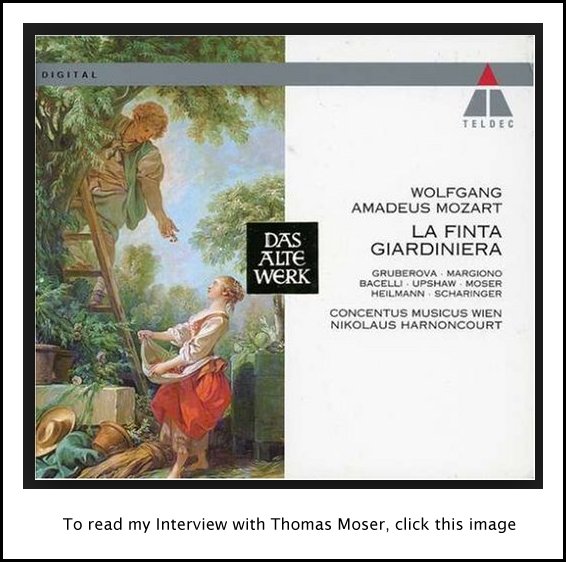 DU:
No. I don’t think it should be any different. The only difference
is perhaps being onstage and what you possibly will be able to achieve there.
With just the so-called accompaniment of piano in a recital and not a full
orchestra, perhaps there are more colors you can choose from. It’s
also a more intimate setting than a large opera house. But
in terms of preparing how I would sing something technically, or how I would
interpret it, there’s no difference.
DU:
No. I don’t think it should be any different. The only difference
is perhaps being onstage and what you possibly will be able to achieve there.
With just the so-called accompaniment of piano in a recital and not a full
orchestra, perhaps there are more colors you can choose from. It’s
also a more intimate setting than a large opera house. But
in terms of preparing how I would sing something technically, or how I would
interpret it, there’s no difference.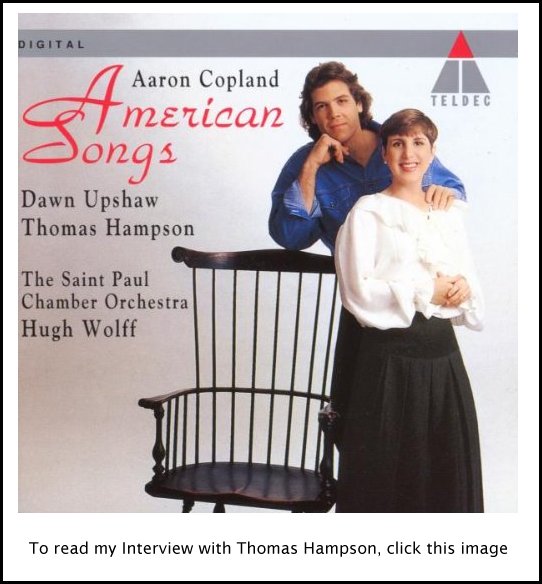 BD: Are you basically pleased, though, with
the recordings that have come out thusfar?
BD: Are you basically pleased, though, with
the recordings that have come out thusfar?|
Chloë Owen (Soprano)
 Born: December 21, 1918 - Raleigh, North Carolina, USA
Born: December 21, 1918 - Raleigh, North Carolina, USADied: April 28, 2010 - New York City, New York, USA The American soprano and music pedagogue, Chloë Owen was born into a musical family. After early musical training and graduate work at the Peabody Conservatory, Chloë arrived in New York City, where her Town Hall recital in 1951 received critical acclaim. Under Columbia Artists Management, Chloë Owen toured with Community Concerts nationally before embarking for Europe. There, her study with Hans Hotter, Germaine Lubin, and Giuseppe Pais led her to a warmly remembered opera, oratorio, concert and radio career of 19 years, almost exclusively European. Owen’s extraordinary range and vocal prowess allowed her to perform roles as diverse as the Queen of the Night in Die Zauberflöte, Micaëla in Carmen, and Elsa in Lohengrin. She sang in the Salzburg Festival world premier of Irische Legende by Werner Egk, conducted by George Szell. American and European critics alike noted her artistry and passionate commitment to serving the intention of both composer and librettist, with her range, flexibility, stage presence, and exemplary diction. After successful carreer in Europe, Owen returned to the USA, opened voice studios in New York and Boston, joining the music faculty of Boston University. Her many song recitals in both cities over the years garnered high critical praise. Owen was noted for her master-classes which were among the first to incorporate the Alexander technique in the art of singing. She taught privately in New York City and Los Angeles, and was stage director for Pacific Opera Encore Performances. A champion of 20th-century American composers, Owen enjoyed close professional relationships with Ned Rorem, David Diamond, Lee Hoiby and Thomas Pasatieri, among others. Her passion for the American art song led her to found the Chloë Owen American Art Song Vocal Competition sponsored for several years by the National Association of Teachers of Singing, New York City chapter (NATS-NYC). -- Excerpted from the Bach Cantatas
website.
|
A few more recordings with Dawn
Upshaw
which feature some of my other interview guests 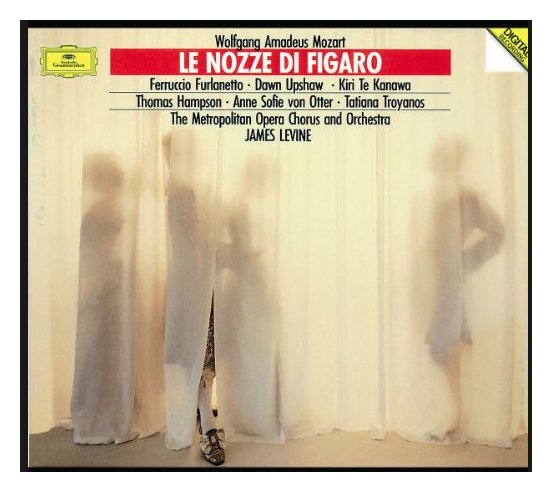
See my Interviews with Kiri te Kanawa and Tatiana Troyanos 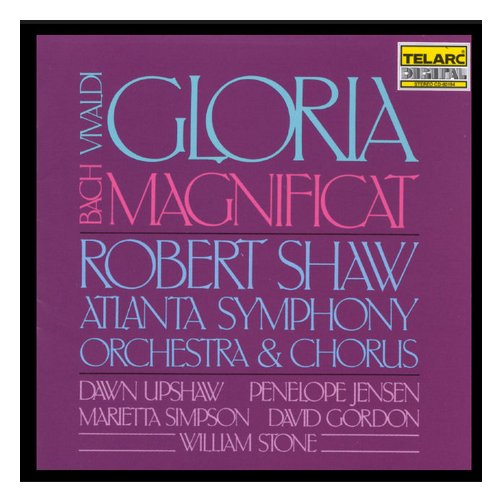
See my Interviews with Robert Shaw and David Gordon 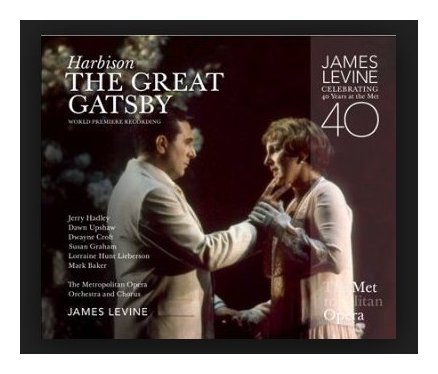
See my Interviews with John Harbison, Jerry Hadley, and Susan Graham 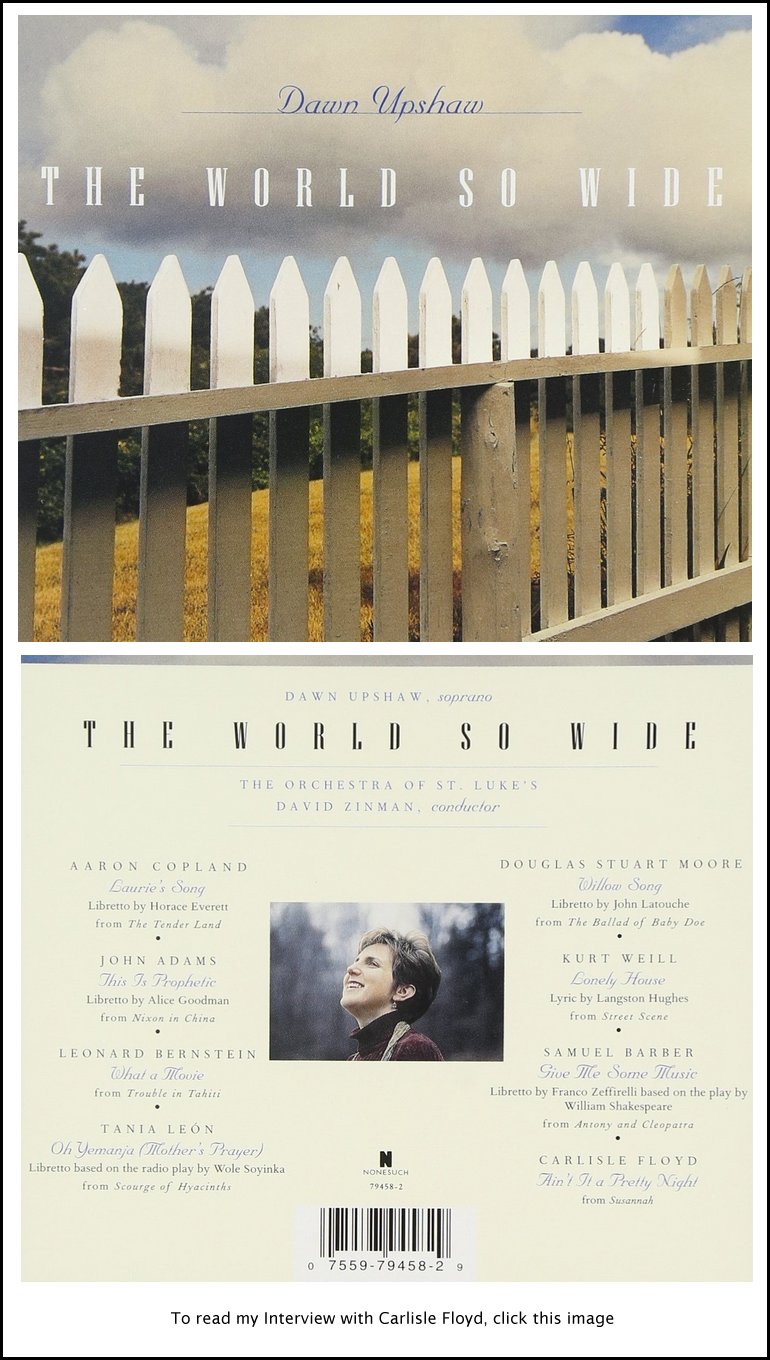
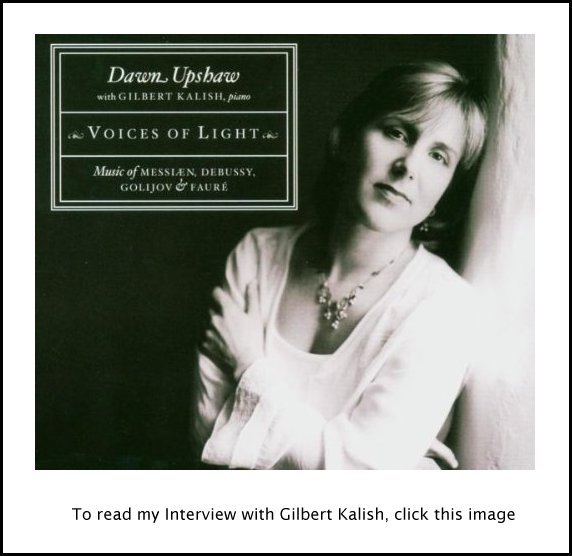
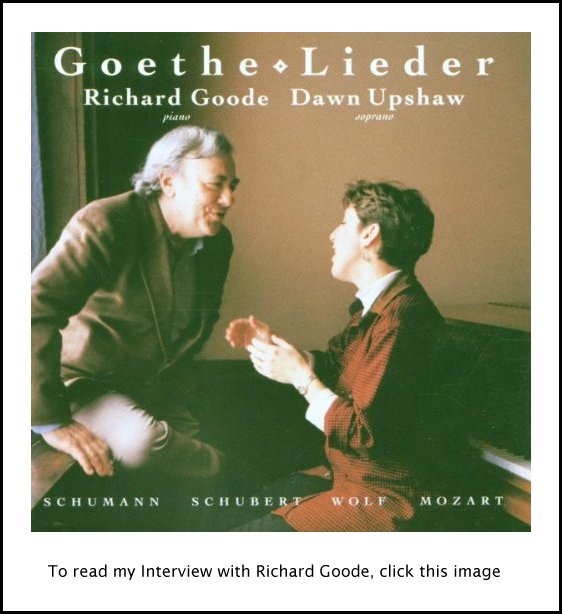
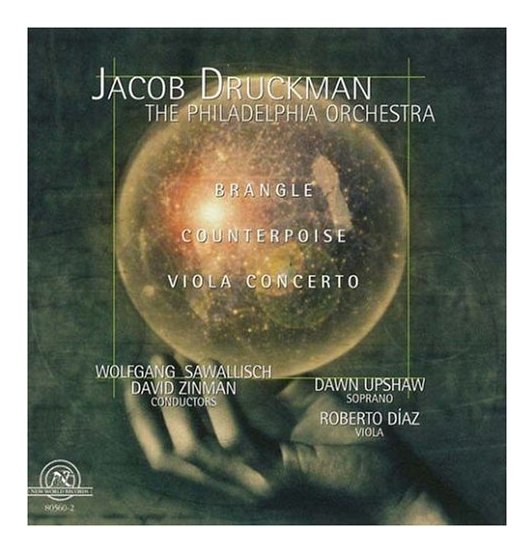
See my Interviews with Jacob Druckman and Wolfgang Sawallisch 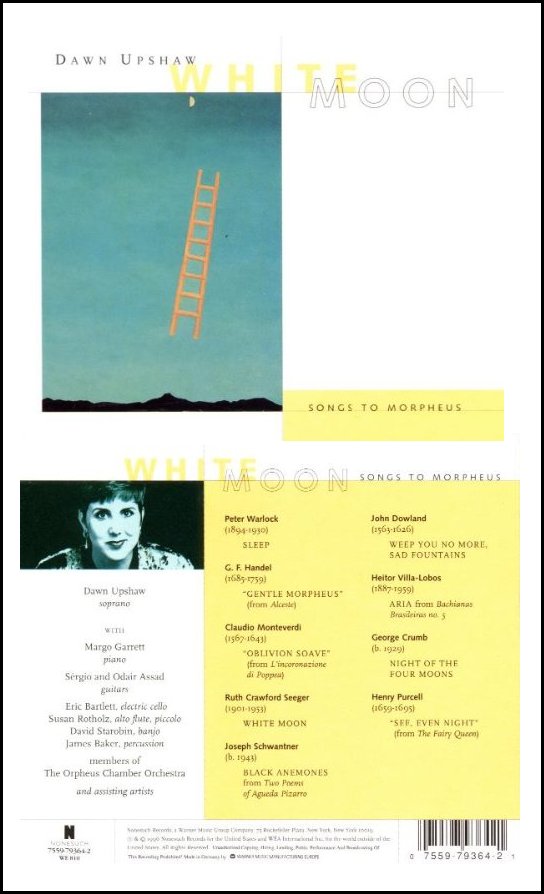
See my Interviews with Joseph Schwantner and George Crumb |
© 1991 Bruce Duffie
This conversation was recorded in Chicago on April 25, 1991.
Portions were broadcast on WNIB a few weeks later, and again in 1995 and
2000. This transcription was made in 2016, and posted on this website
at that time.
To see a full list (with links) of interviews which have been transcribed and posted on this website, click here.
Award - winning broadcaster Bruce Duffie was with WNIB, Classical 97 in Chicago from 1975 until its final moment as a classical station in February of 2001. His interviews have also appeared in various magazines and journals since 1980, and he now continues his broadcast series on WNUR-FM, as well as on Contemporary Classical Internet Radio.
You are invited to visit his website for more information about his work, including selected transcripts of other interviews, plus a full list of his guests. He would also like to call your attention to the photos and information about his grandfather, who was a pioneer in the automotive field more than a century ago. You may also send him E-Mail with comments, questions and suggestions.